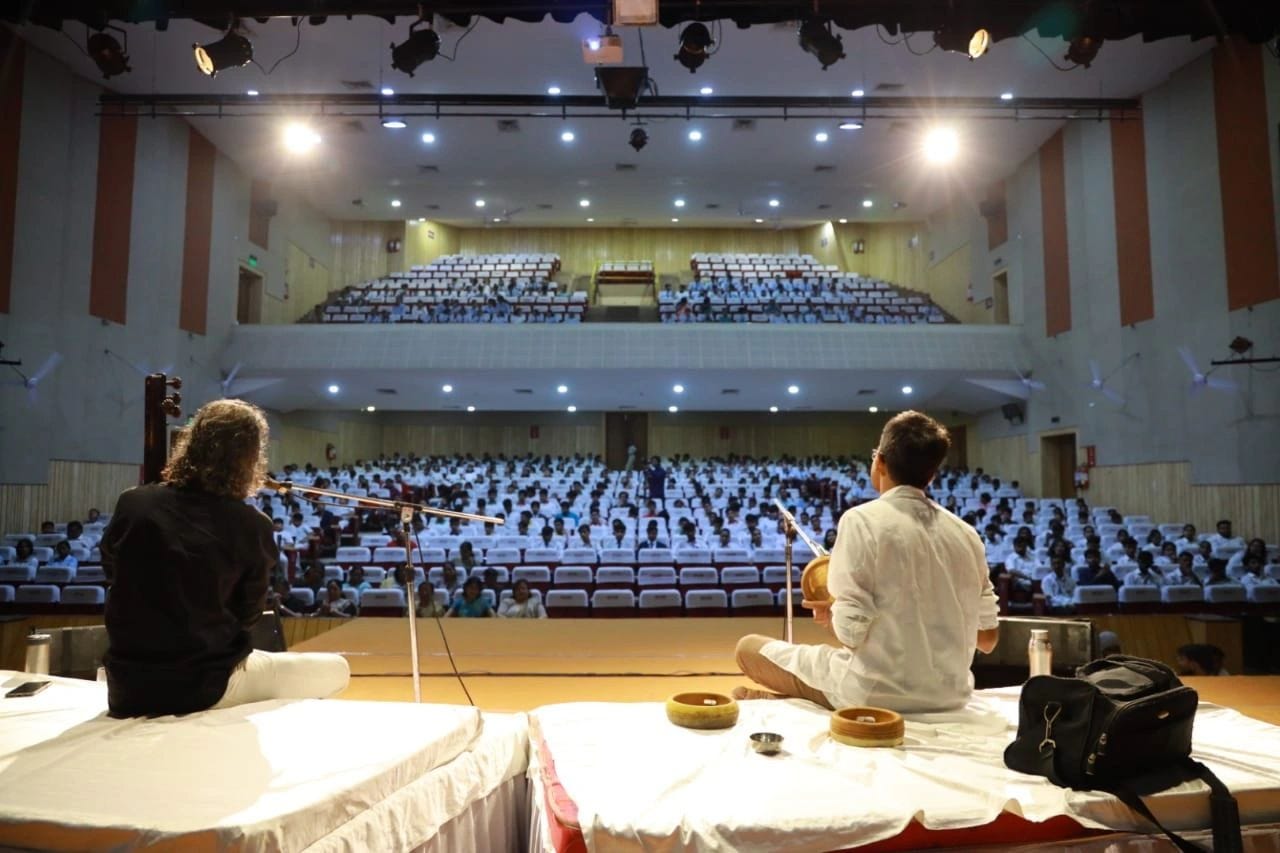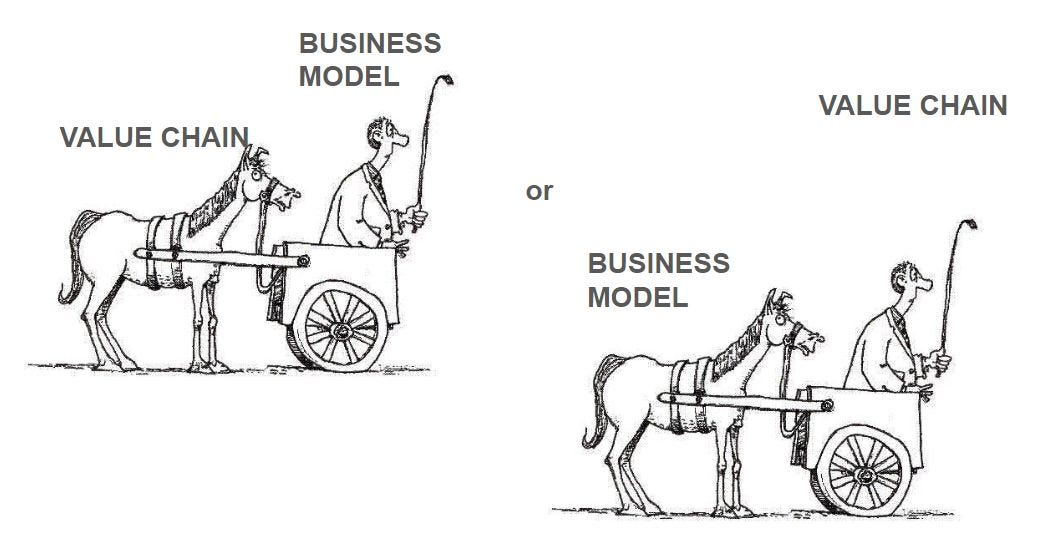Homo Ludens
When play precedes culture, it behooves that those among you shaping the future of food and agri'culture' systems, learn the importance of play.
When I am not working, I am sure 98.3 % of the time you will find my fingers drumming on any hard surface (provided it lends itself to an interesting vibration frequency) in a spontaneous burst of staccato rhythmic beats.
I don’t even know when I am doing this.
It has become a habit. I can’t help it. My fingertips have been throbbing with rhythm ever since I started playing Mridangam - a south Indian percussion instrument - when I was seven.
Today, the biggest perk of my life has been to live the hyphenated life of a musician while playing the working life of an agritech analyst.

In the milieu I grew up in, learning Carnatic music outside my school was as much a norm as learning cursive writing inside my school. As kids, we learned vocal and instrumental music while picking up instruments that seduced us.
In my case, it was easy. I fell for Mridangam hook, line and sinker.
If you’ve never heard the androgynous sound of Mridangam — to an unfamiliar ear, the deft strokes are bound to remind you of a feisty romance between two warring Gods — spare a few moments and listen to this King of Mridangam play with a metronome for us. This article and everything else in this world can wait.
When I was three years old, before I knew anything about mridangam or music, I remember fooling around in the kitchen, drumming on aluminium rice containers that were twice as big as I was.
These days, outside work, I jam with friends during weekends and play a few concerts with my renegade musician friends. Inside work, I tell stories, play games of the consulting kind and design games in the courses I create.
Yes, I have three days left before I kickstart the third cohort of Global Agritech 101 on 20th April and this brief musing is what those old farts of marketing call ‘surrogate marketing’.
I’ll be honest.
At the heart of the work I hold as deeply sacred in my life, stories and games are two sides of the deeply mysterious, yet reassuringly familiar human impulse: The urge to play. Before we, the humans, were civilized and became literate enough to call ourselves Homo Sapiens in an act of momentous hubris, we were Homo Ludens.
Global Agritech 101 and its modules were largely designed as a game. But why is this important? Why should you, I am talking about YOU shaping the future of food and agriculture systems, well, play?
Scientists who study the origins and salient mysteries of life have talked about a spectacular event that palaeontologists call the Cambrian Explosion, which happened half-billion years ago, where in a relatively short span of a few million years, the biological diversity that represents life on the planet today, was invented in a frenzy of evolutionary innovation.
Today, in the thrilling backdrop of runaway Climate change, we are witnessing an agritech marketplace “Cambrian Explosion” moment, with a similar explosion of mind-boggling diversity of agritech marketplace business models.
And in such powerful nick-of-time moments, I cannot emphasize how important it is to play. French psychologist Jean Piaget once famously said, "Play is the answer to how anything new comes about."
For instance, take this Horse and Cart Game we play in Module 2 of the course.
Which is the cart and Which is the horse?
Much to my surprise, I have seen many in the agribusiness and agritech industry confuse the hell out of a value chain with a business model. Why is this important?
Even if you design "inclusive" business models, if your value chain doesn't support what you are doing, your efforts won't be rewarded. How do you understand the levers of change and your degrees of freedom as an agritech entrepreneur?
As a musician and agritech analyst, there is a question that often runs in my mind as an earworm - you know that weird feeling when a catchy piece of music refuses to stop playing in your head:
Why does it feel so easy to collaborate in the world of music when you know how fiendishly difficult it can get for agritech startups with competing instincts to collaborate and tackle the bigger problems they are taking on?
If these questions animate you, consider joining us at Global Agritech 101. We will have a lot of fun:)
Dates: 20th April - 27th April - 4th May
Time: 8 PM to 10 PM IST
Reviews are here. Tickets are available on Stripe here for those outside India and Razorpay here for those inside India for registration.
P.S. Bear with me for two more days until I feel satisfied that I have sufficiently marketed this course. We will resume programming soon. Thank you for lavishing your attention on Agribusiness Matters. It means the world to me:)



Great article, enjoying the music and reminder of the importance of play. Enjoyed the AI webinar too, many thanks.
Forgo agra business in favor of agriculture. Your grand children will thank you.